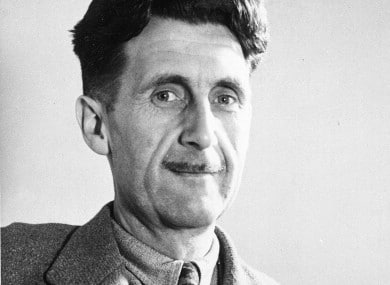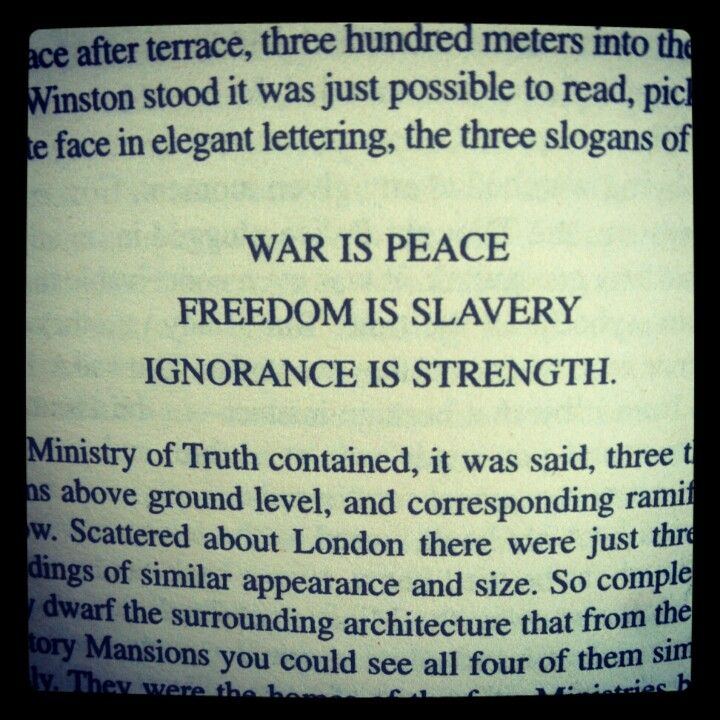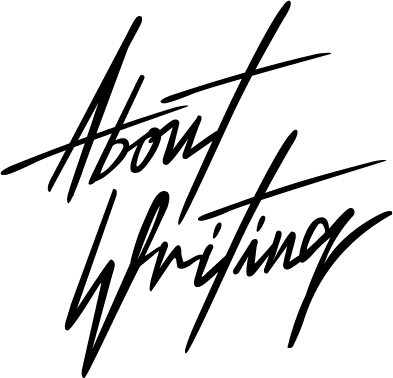
Another entry on the site explores the term Kafkaesque. I now want to spend some time with something else mentioned within that post, which is Orwellian. It’s a label with which many of you are probably familiar, but, like Kafkaesque, it can be misused, especially to make a rash and unfocused politically charged point. So let’s get into it. What does Orwellian mean?
Orwellian is a political term. Some of you may have even heard it on mainstream news channels because it’s still relevant today. You can’t think of George Orwell’s most famous work, 1984, without thinking of the oppressive and totalitarian government of the novel. To some, the term Orwellian is interchangeable with the word ‘authoritarian.’ But that’s not it, and George Orwell himself would definitely have something to say on the matter.
He wrote many essays on the importance of being precise with language. One of the horrors of 1984, a recurring motif, is how leaders strategically control language to manipulate a society of people. The novel contains several standout examples of the oceanic government of the book misusing language with clear intent. The government manufactures lies within the Ministry of Truth, for example. And the military is called the Ministry of Peace.
George Orwell’s 1984
1984 is a novel about totalitarian politics that operates as a warning to the West. The totalitarian government of the story controls and tortures its citizens with propaganda. The telescreens installed in everyone’s homes remind them that “BIG BROTHER IS WATCHING YOU.” Also, 1984 is a novel about totalitarian politics that operates as a warning to the West. The totalitarian government of the story controls and tortures its citizens with propaganda. The telescreens installed in everyone’s homes remind them that “BIG BROTHER IS WATCHING YOU.” Also, to demonstrate their control, they conduct physical torture until the victims believe and admit that 2 + 2 = 5.

Control is a constant theme. The government prevents people from keeping records of their past. Photographs and personal documents are illegal. In doing so, the government can more easily manipulate everyone. If you control the present, you can control the past. When you control the past, you can justify your actions in the present.
1984‘s most important message is the value of language. Language allows people to structure ideas; it’s central to formulating and expressing desire. Therefore, the government’s control of language deprives people of the necessary tools to rebel. Replacing English as the official language, Newspeak helps the government control people, which leads me nicely to the question posed in the title of this post.
So what exactly does Orwellian mean?
As I mentioned, many people use the term to describe an authoritarian government or body. But Orwell’s entire point is that an evil government may appear to be the opposite of authoritarian with the application of political language and still do evil behind the scenes. Large-scale deception is a crucial ingredient of Orwellian, especially with the government’s use of language.
The lies sound truthful. They twist facts to make murder sound respectable. And the language penetrates more than the surface. It influences behaviour and detrimentally affects the mental and critical thinking capacity of anyone subjected to it. I haven’t done the injustices present in the novel justice. Read 1984 to see the extent to which language influences the minds and actions of the characters.
We should only use the term Orwellian about deceptive political language with an underhand agenda. Of course, the body or person being dishonest with the language may be authoritarian, but the two labels are separate issues altogether.
George Orwell & Politics
When George Orwell wrote about totalitarianism, he was writing from experience. Although he never visited Russia, he was a constant commentator on the politics of the time. Orwell’s 1945 novel, Animal Farm, is a fable of the events that led to the 1917 Russian Revolution and the Stalinist era of the Soviet Union.
Orwell and Spain is another matter altogether. With many other writers, including Malraux, Koestler, Hemingway, and Dos Passos, Orwell joined the people’s fight against a tyrannical government. Orwell recorded his experiences of the Spanish Civil War in his book, Homage to Catalonia.
1984 is Orwell’s warning to the West about the approaching rise of communism. He wrote about politics through experience. V.S. Pritchett called him “the conscience of his generation,” which is a label that many other people have since attributed to Orwell.
